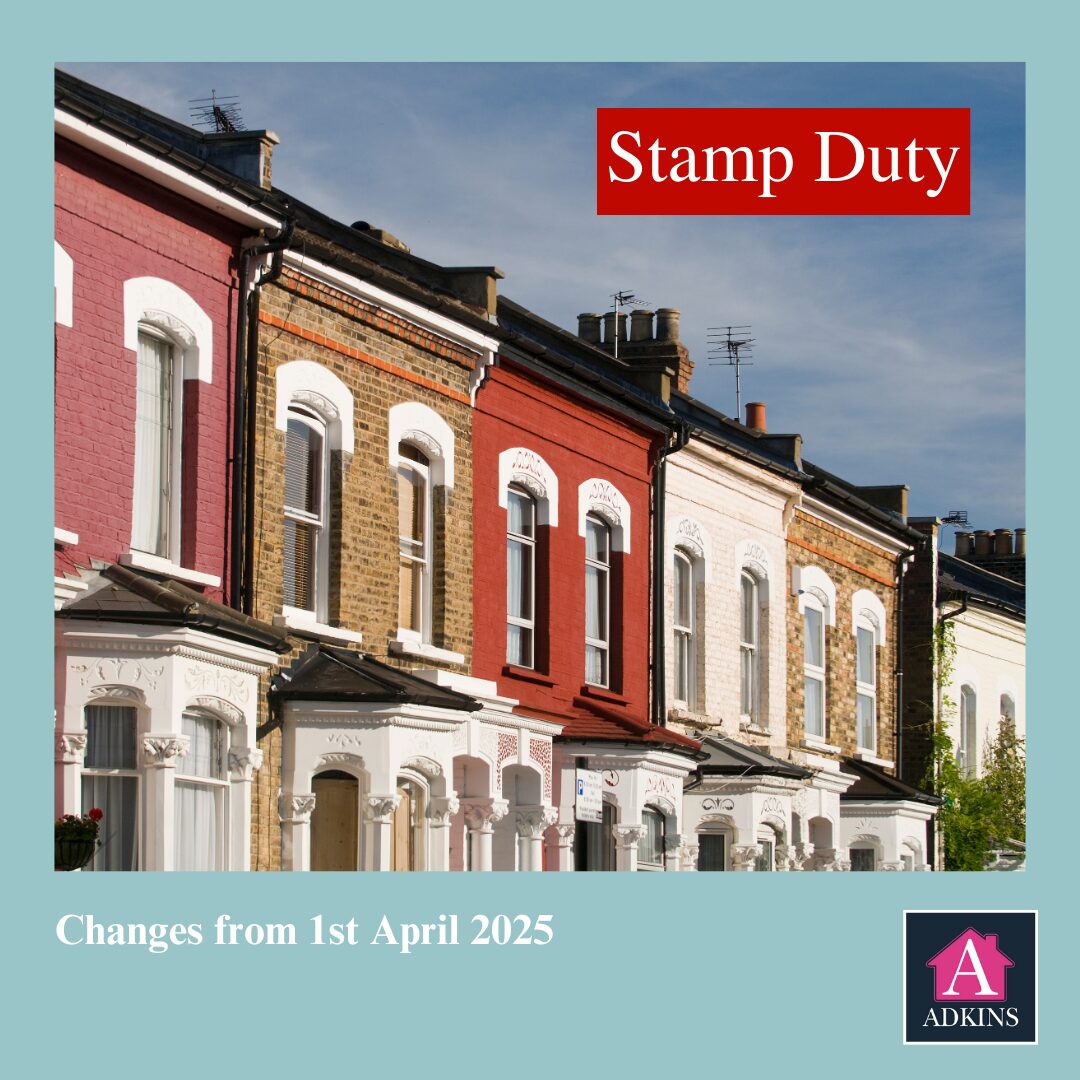The Renters Rights Bill represents a significant overhaul of the way that the private rented sector functions. Following its introduction to parliament on 11 September 2024, myths and misconceptions have begun circulating throughout the property sector and amongst consumers about what the proposed legislation means in practice. With so many seeking clarity, here’s five myths that have been published by Propertymark recently.
- Myth: landlords cannot stop tenants from keeping pets – Letting agents are up-to-date with the latest legal requirements, from gas safety checks to deposit protection schemes. With frequent changes to housing laws, such as energy efficiency standards and tenant rights, managing it yourself can be overwhelming. A letting agent ensures your property meets all current regulations, protecting you from fines and legal issues.
- Myth: no fault evictions have already been made illegal – The UK Government has been categoric; the Bill will remove Section 21, “no-fault” evictions. The latest comments from Housing Minister Matthew Pennycook, MP, suggest that the ban could be in place by the summer of 2025.The Bill also outlines a strengthening of Section 8, which will allow landlords to recover a property if they have a legal reason for doing so. Like a Section 21 notice, landlords would need to serve notice to the tenants on the prescribed form with the required notice period. If a tenant doesn’t leave, landlords must go to court and provide evidence.
A letting agent provides a buffer between you and your tenants, handling maintenance, inspections, and rent collection. This allows you to focus on other priorities while knowing your property is being professionally managed and fully compliant. - Myth: the Bill will stop rent increases – Rent increases often reflect broader economic conditions, such as rising mortgage interest rates and other associated costs. The Renters’ Rights Bill does not remove the possibility of rent increases; it aims to ensure they are fair and justified.The key takeaway is that landlords can increase rents once per year to match the market rate, and tenants have the right to challenge this rent increase at the First-tier Tribunal, which will determine if this is the correct amount or should be lowered.Most landlords do not raise rent more than once a year already, so this should not represent a drastic change.
- Myth: letting agents don’t do anything about damp and mould issues – Responsible agents already maintain and inspect homes regularly. Issues of damp and mould are often resolved with appropriate heating and ventilation, and by co-operation between agents, landlords and tenants. Through a Decent Homes Standard and Awaab’s Law the Bill will reinforce the existing good practice already in place for the majority of agents and crack down on the small minority of rogue operators.
- Myth: discrimination by letting agents is widespread – Landlords have the final say over who rents their property, and this won’t change if the Bill becomes law. It will, however, make it illegal to base eligibility checks on anything other than affordability. It’s already the case that no responsible agent should be operating any blanket ban against certain groups. Reputable agents follow inclusive practices and work with their clients to ensure property and tenancy arrangements are suitable for both tenants and landlords.
By working with a letting agent, you ensure your property stays ahead of changing regulations, avoiding risk and maintaining peace of mind.













